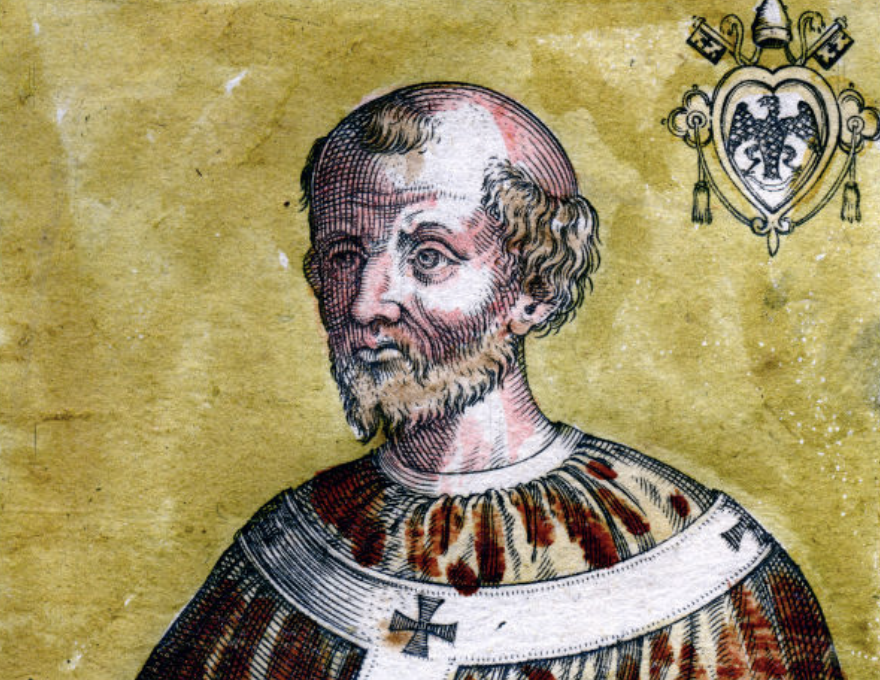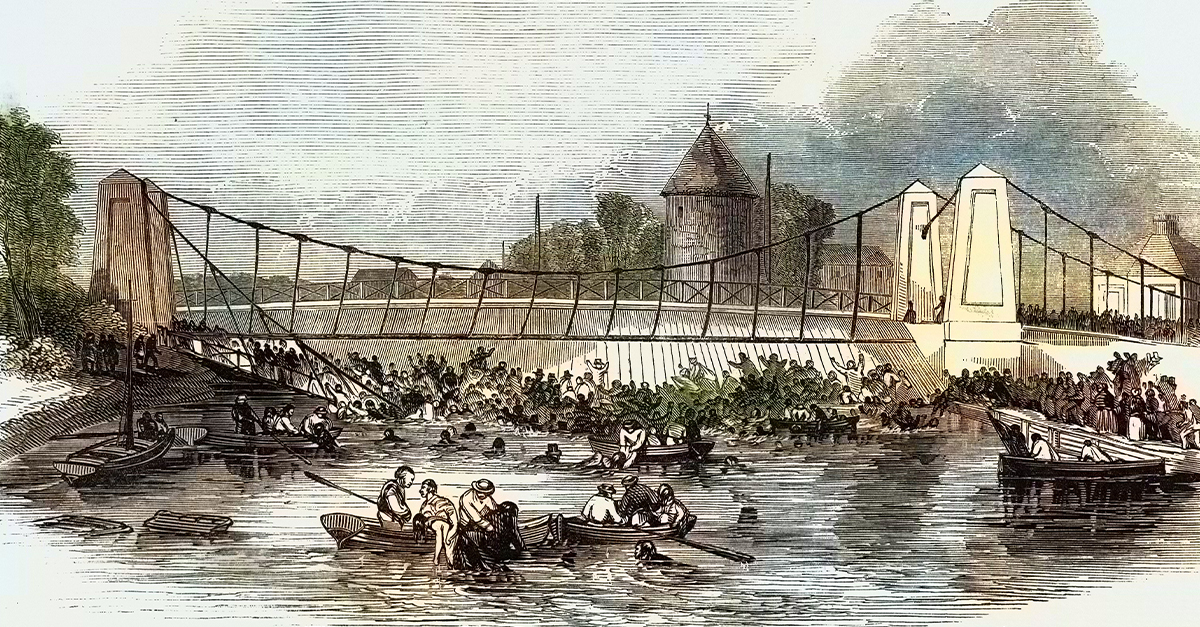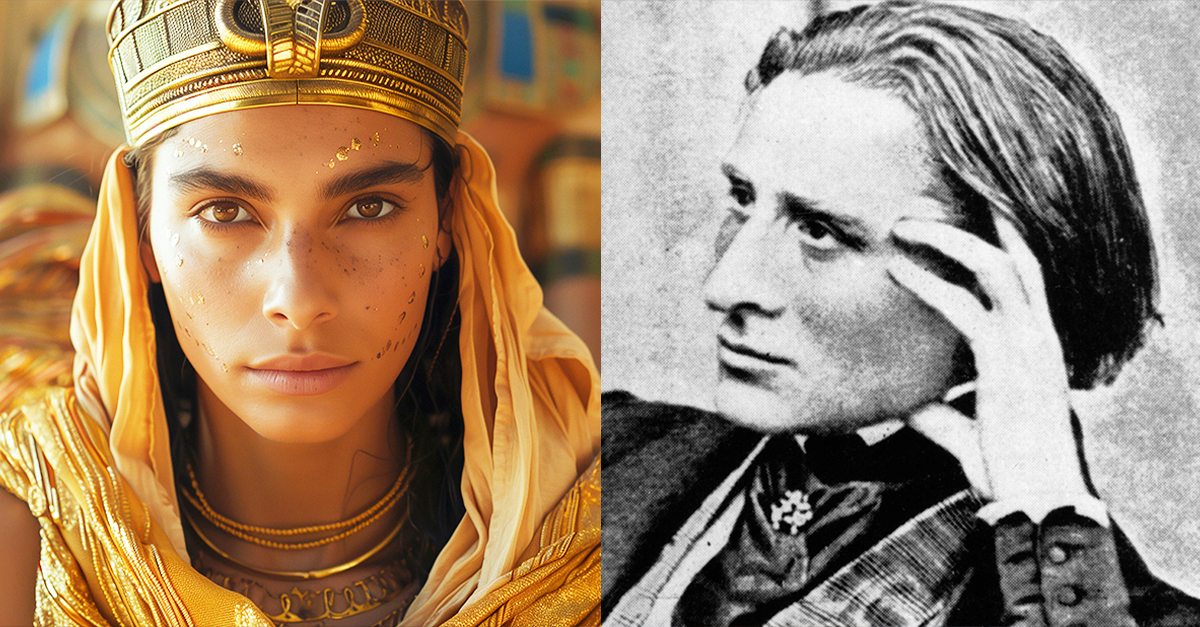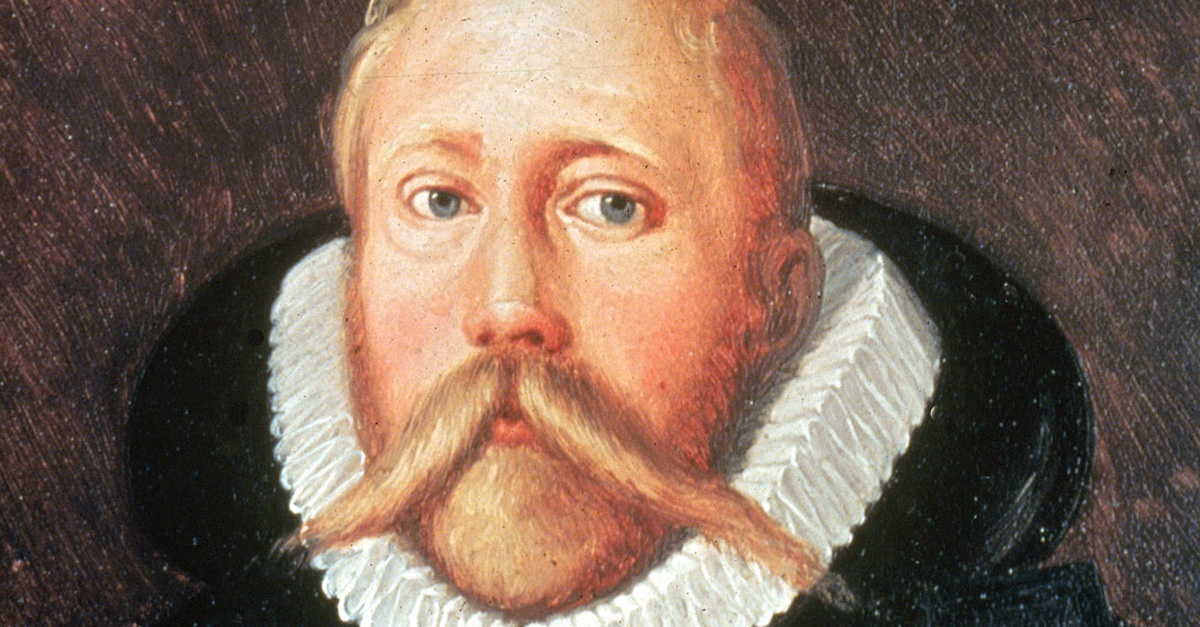Scandals and controversies have followed the pope throughout history, leaving the Catholic Church with a lackluster reputation. Pope Alexander IV, who came to the papal throne in 1254 and remained there until he died in 1261, was one such character who rocked the world with his many shocking controversies. Pope Alexander IV had a brief pontificate, but during it, he was entangled in several horrific incidents that historians and academics continue to study today.
The Pope's shady finances
The handling of papal finances was one of the primary areas of controversy during the pontificate of Pope Alexander IV. During that period, the Catholic Church was a significant economic player, and the pope was key in the management of its considerable assets. However, claims of corruption and incompetence surrounded Alexander IV's administration, and he was strongly criticized for how he handled financial affairs.
Those against the pope said that he was misappropriating funds intended for the welfare of the Church and its followers in favor of lavish spending and personal indulgences. The credibility of the Church's financial dealings under Alexander IV's administration declined as a result of these charges, which cast doubt on the Pope's transparency and accountability.
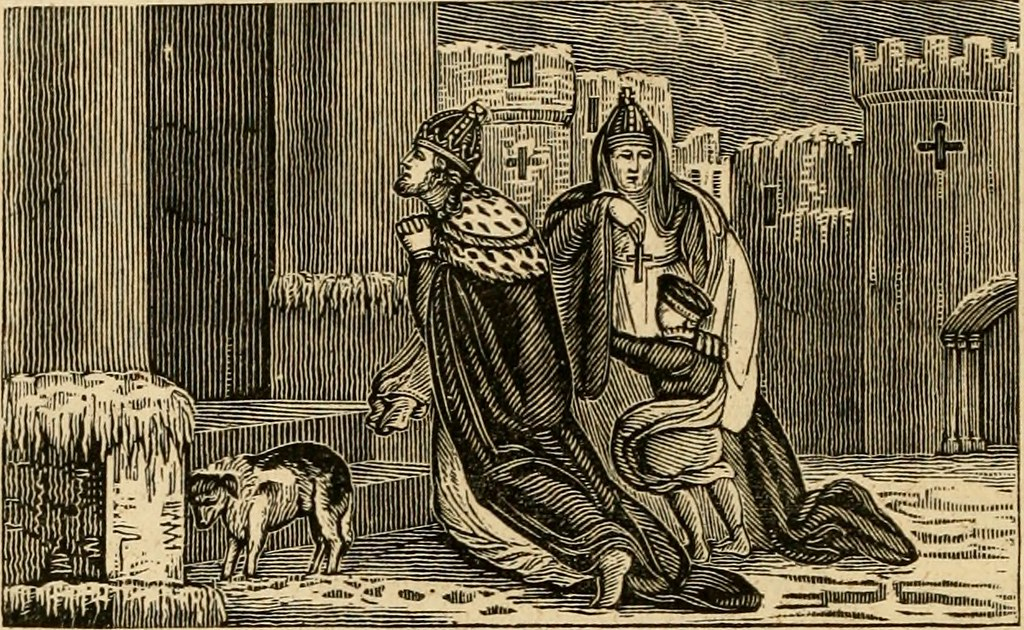 Internet Archive Book Images | Flickr
Internet Archive Book Images | Flickr
Nepotism-fueled negotiations
Another controversy was the topic of nepotism, a practice that had raised concerns during earlier pontificates. It was a problematic element of Pope Alexander IV's reign as he was accused of giving important posts in the Church hierarchy to family members. Many people accused the pope of making crucial nominations based on familial relationships rather than on merit, and this ended up compromising the credibility of the Church's leadership even more.
Internal conflict within the Church resulted from other clergy members' dissatisfaction with the pope's purported partiality towards his own family. The issues arising from nepotism during the pontificate of Alexander IV exposed the challenges faced in striking a balance between kinship ties and the broader goals of the Catholic Church.
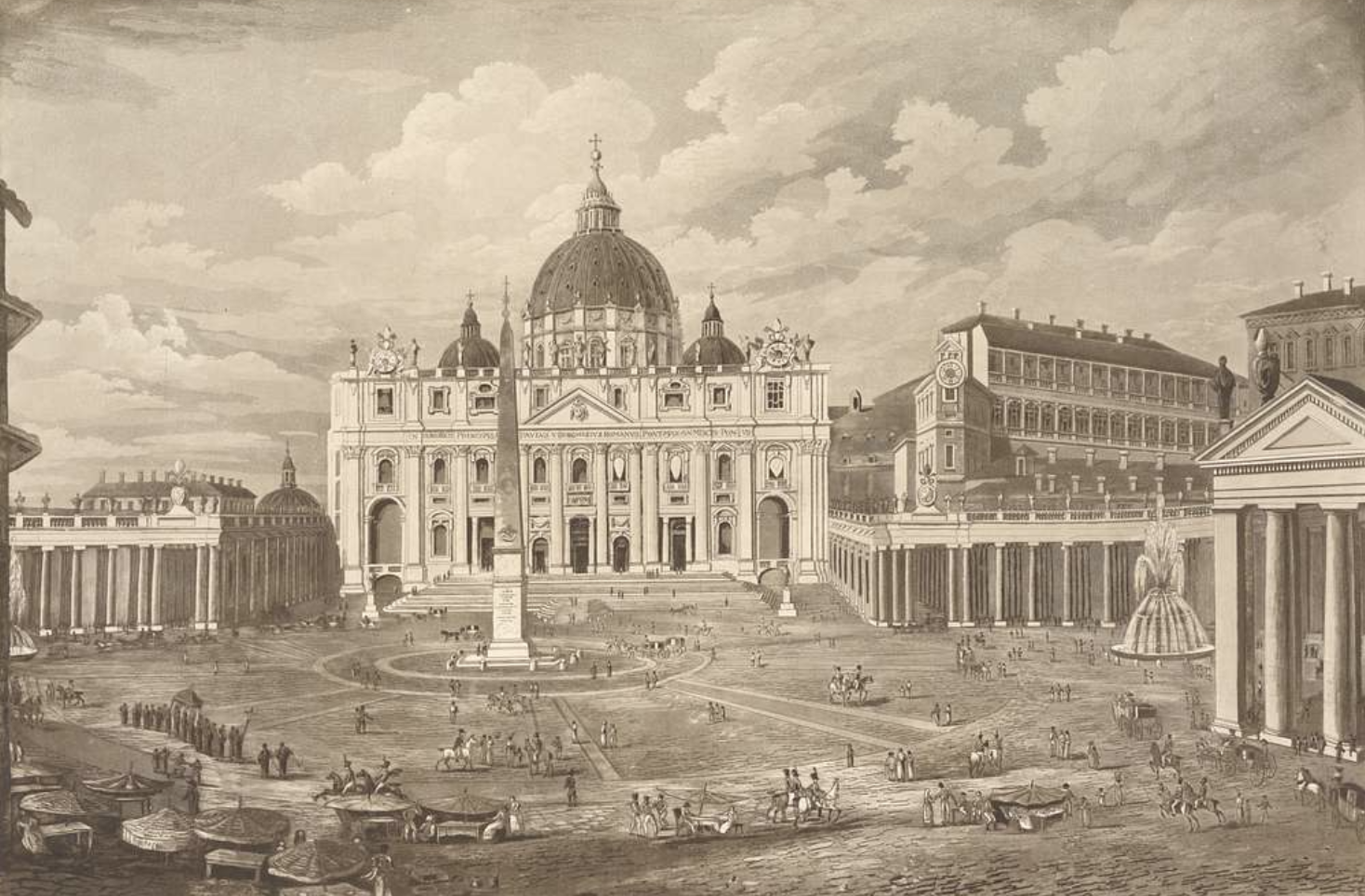 New York Public Library (Public Domain)
New York Public Library (Public Domain)
Power beyond the spiritual
Alexander IV's pontificate was further immersed in scandal through his dealings with secular authorities. The political climate in Europe during his pontificate was defined by power clashes between the pope and other rulers. Alexander IV's attempts to tend to these intricate relationships frequently led to sacrifices that infuriated both religious and secular authorities.
The pope was accused of undermining the divine power of the Church by granting political support in exchange for favors to secular agendas. His behavior was viewed as a departure from the pope's customary position, which had always been to maintain harmony between earthly and spiritual powers. The conflicts concerning Alexander IV's interactions with nonreligious authorities highlighted the difficulties in preserving the Church's autonomy in a political environment undergoing rapid shifts.
All in all, the disputes surrounding Pope Alexander IV's pontificate lifted the veil on the complex issues the Catholic Church encountered in the thirteenth century. The discussions surrounding money management, nepotism, and secular dealings took away from the Catholic Church's reputation as an impartial temporal and spiritual power. The disputes surrounding Alexander IV's pontificate provide a fascinating look into the intricate history of the Catholic Church, even as historians still continue to work out the specifics of his reign.


